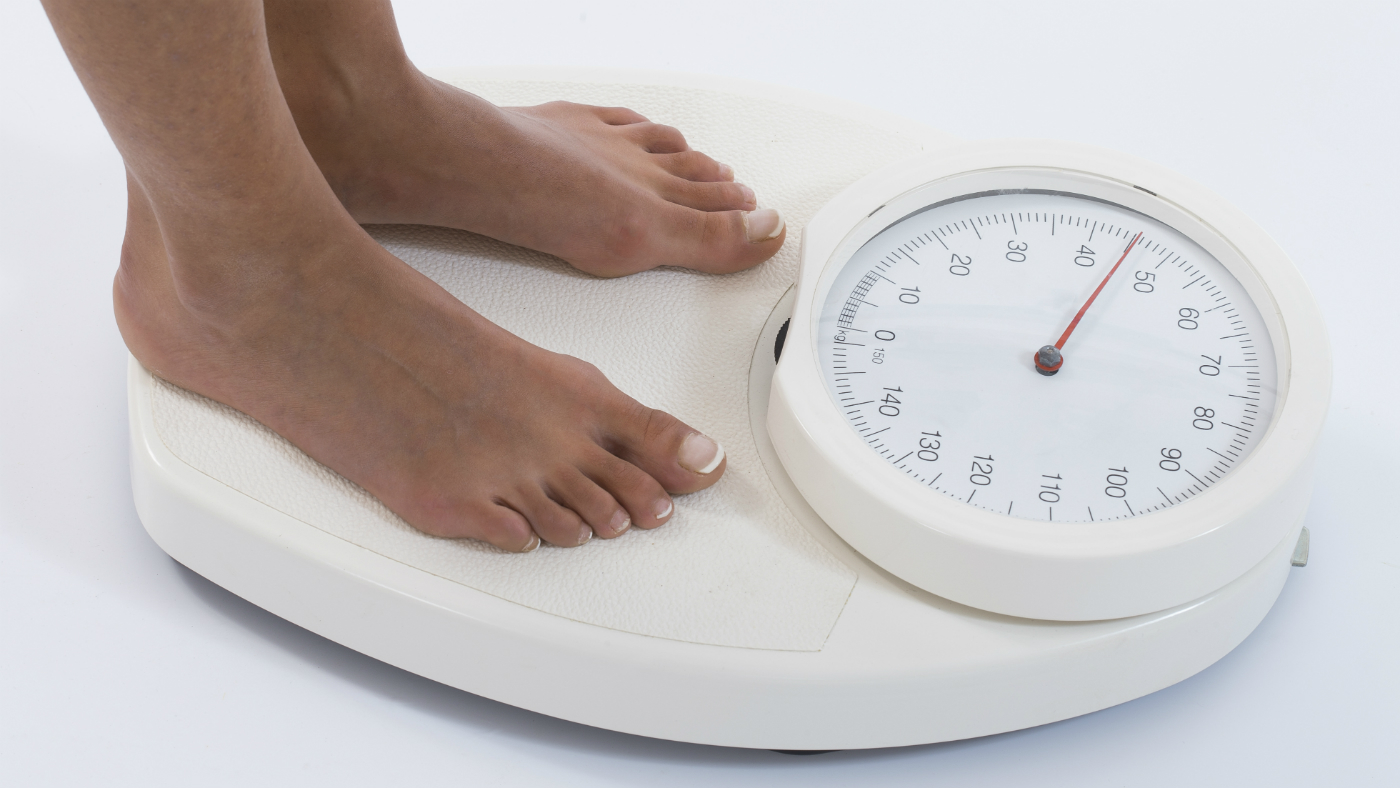Which countries have gained the most weight in lockdown?
Almost half of Brits report piling on pounds since March

A free daily email with the biggest news stories of the day – and the best features from TheWeek.com
You are now subscribed
Your newsletter sign-up was successful
Health Secretary Matt Hancock has announced that the government is bringing forward plans to tackle obesity, as people across the UK struggle to control their weight during the coronavirus lockdown.
Boris Johnson was already preparing a “more interventionist” national battle against the bulge and is “understood to be convinced that he ended up in intensive care with Covid-19 because of his weight”, says The Times.
And the UK isn’t alone in its weight wars during the global pandemic.
The Week
Escape your echo chamber. Get the facts behind the news, plus analysis from multiple perspectives.

Sign up for The Week's Free Newsletters
From our morning news briefing to a weekly Good News Newsletter, get the best of The Week delivered directly to your inbox.
From our morning news briefing to a weekly Good News Newsletter, get the best of The Week delivered directly to your inbox.
Which countries are gaining weight?
According to The Telegraph, Italians emerged from two months of lockdown an average 2kg (4.4lbs) heavier.
In France, the impact of lockdown on people’s physiques was even more pronounced, with the average citizen gaining 2.5kg (5.5lbs).
“With people exercising a lot less and eating more, out of boredom or as a source of comfort, the weight gain was inevitable,” the newspaper says.
A free daily email with the biggest news stories of the day – and the best features from TheWeek.com
Further afield, a study by the Hebrew University of Jerusalem found that 55% of Israelis gained more than 2kg while stuck at home.
Back in the UK, meanwhile, 47% of Brits say they have put on weight since lockdown began in March, “with more than 16% gaining 2.2kg (5lbs) or more in the first six weeks”, the London Evening Standard reports.
In the US, “memes about gaining the Quarantine 15 or the Covid-20” have spread “faster than a germ on a doorknob”, says the Los Angeles Times, although no recognised studies have been done to confirm the anecdotal reports.
Why is piling on the pounds a problem?
The UK government’s move to tackle obesity is based on evidence that suggests excess weight may be a significant factor in the severity of coronavirus symptoms.
The possible link is particularly worrying for nations with overweight populations such as the UK, which is the sixth most obese country on Earth, according to the Organisation for Economic Co-operation and Development (OECD).
The British Obesity and Metabolic Surgery Society (BOMSS) has urged Johnson to back increased access to “bariatric operations”, or weight loss surgery, which the organisation claims can get results “within 12 weeks and can reverse type 2 diabetes, a Covid-19 risk factor”, The Times reports.
In a letter to the prime minister, the society said: “Bariatric surgery is often viewed as a ‘quick-fix’ solution... precisely what is needed if we are to avoid needless suffering, ICU admission and death in patients with obesity who subsequently become infected with [coronavirus].”
–––––––––––––––––––––––––––––––For a round-up of the most important stories from around the world - and a concise, refreshing and balanced take on the week’s news agenda - try The Week magazine. Start your trial subscription today –––––––––––––––––––––––––––––––
How can a good diet be maintained during lockdown?
Sticking to a routine of having three meals a day is important, according to Clare Thornton-Wood, a registered dietician and spokesperson for the British Dietetic Association.
She advises that “it’s fine to have a couple of snacks, but you might then need to have slightly smaller meals”, says the BBC.
Some people may be struggling not to under-eat, which is just as unhealthy as over-eating and which is especially common among older adults, Anne-Marie Minihane of Norwich Medical School told the broadcaster.
Experts stress that whatever our new eating patterns, worrying about them will only make things worse.
“Avoid too many negative thoughts, because we are going through a really hard time. Accept that you are going to eat differently and don’t feel too bad about it,” Thornton-Wood concludes.
Arion McNicoll is a freelance writer at The Week Digital and was previously the UK website’s editor. He has also held senior editorial roles at CNN, The Times and The Sunday Times. Along with his writing work, he co-hosts “Today in History with The Retrospectors”, Rethink Audio’s flagship daily podcast, and is a regular panellist (and occasional stand-in host) on “The Week Unwrapped”. He is also a judge for The Publisher Podcast Awards.